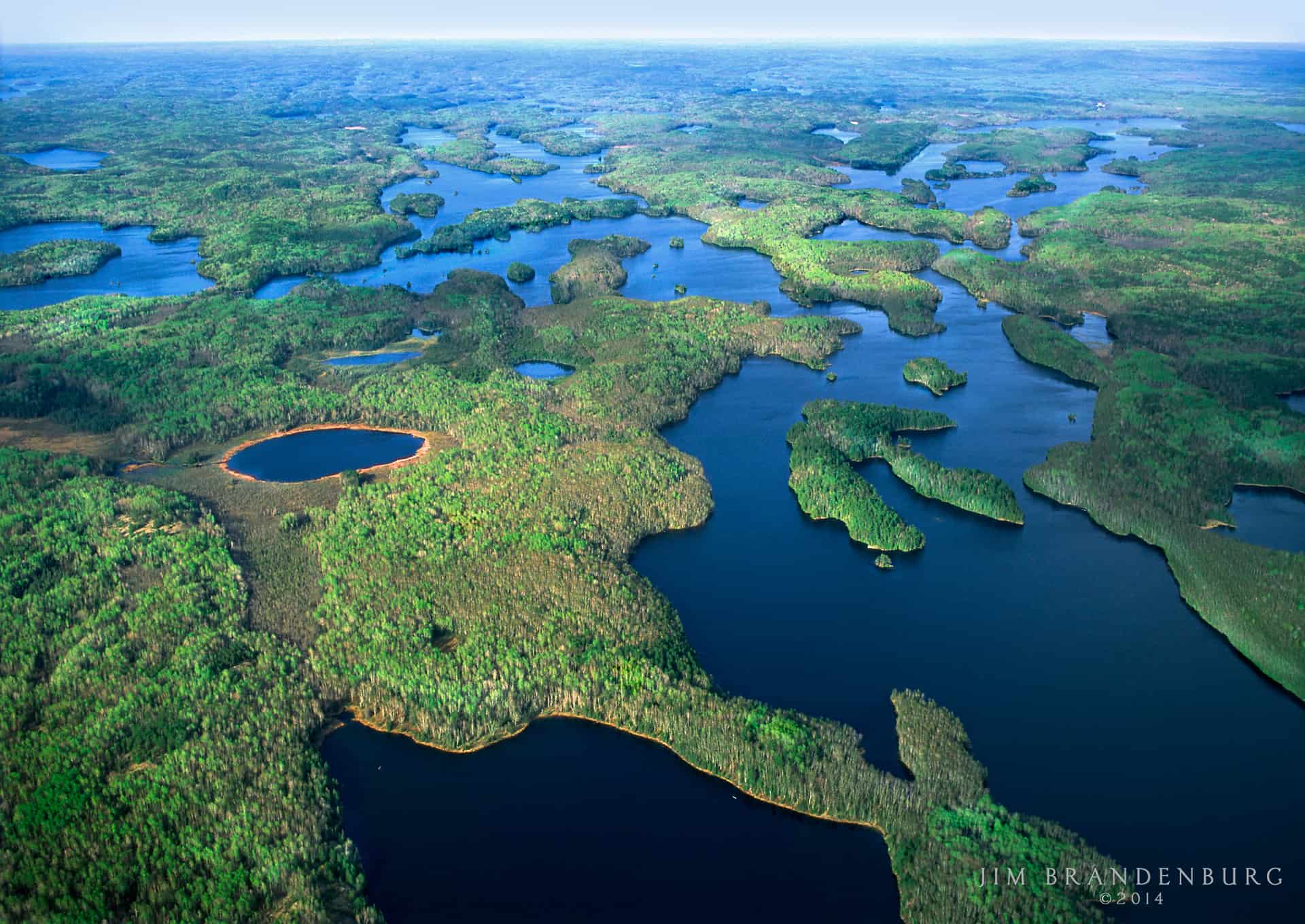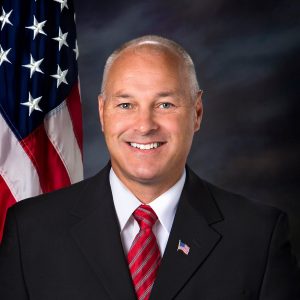
In recent weeks, two members of Congress from Minnesota announced legislation relating to copper-nickel mining proposals in the northern part of the state. Rep. Pete Stauber’s bill would reduce environmental review and permitting to speed up the approval of proposals, while Rep. Betty McCollum calls to prohibit copper-nickel mining on federal lands that drain into the Boundary Waters Canoe Area Wilderness.
The moves come as Twin Metals prepares to begin environmental review for its proposed underground mine near the South Kawishiwi River. Similar mining projects have caused significant water pollution elsewhere, and environmental advocates are worried that the same could happen in northeastern Minnesota.
Expediting environmental review

Stauber’s bill, the Accessing America’s Critical Minerals Act, was introduced on April 15. It would require federal agencies to limit the permitting process to two years and otherwise require speedy consideration.
“Northeast Minnesota is blessed with an abundance of critical minerals, giving our union members and skilled workers an exciting opportunity to help the United States break free of its dependence on hostile foreign nations for the resources that are integral to our modern way of life,” Stauber said. “We need these critical minerals now, and not in two decades. That’s why I am proud to introduce legislation that will create a more timely, transparent, and reasonable permitting process.”
Stauber serves as the Ranking Member on the House Natural Resources Subcommittee on Energy and Mineral Resources.
Mining advocates welcomed the legislation, saying it would speed up the opening of new mines to provide minerals for manufacturing. “The Accessing America’s Critical Minerals Act of 2021 proposes important steps toward timely science-based environmental review and permitting to assure environmentally responsible domestic mining for the metals necessary to support our growing energy, infrastructure, healthcare goals,” said Frank Ongaro, executive director of trade group Mining Minnesota. The legislation states that the current federal permitting process is an “impediment” to domestic mineral production.
Protecting wilderness and water

On Earth Day, McCollum re-introduced the Boundary Waters Wilderness Protection and Pollution Prevention Act. The bill seeks to block mining on 234,000 acres of Superior National Forest lands that are in the watershed of the Boundary Waters.
“This wilderness protects a priceless reserve of water so clean that you can drink directly from the lakes. Water is the world’s most critical natural resource, and it must be protected not only for today, but for future generations,” McCollum said. “This bill establishes permanent federal protections where the water-rich Superior National Forest flows into the fragile ecosystem of the BWCAW, to ensure it is never polluted and poisoned from sulfide-ore copper mining. Once damaged, it would be damaged forever. Some places are simply too precious to mine.”
McCollum serves as Vice Chair of the Interior-Environment Subcommittee, which appropriates $35 billion to federal agencies each year.
The new legislation is essentially the same bill she introduced in January 2020, but which did not advance beyond one committee hearing. It has already reached its maximum number of co-sponsors at 35, including Minnesota Reps. Dean Phillips and Ilhan Omar, as well as the chairs of a committee and a subcommittee through which the legislation must progress to reach a vote on the House floor.
The legislation would accomplish what the U.S. Forest Service has considered in recent years, removing the need for the agency to continue its study and possible 20-year mineral withdrawal for the area. It states that mining of copper and other metals “poses a direct and long-term threat.” The bill was applauded by the Campaign to Save the Boundary Waters, a group advocating for permanent protection from mining.
“Today is a good day for the millions of Americans who love the Boundary Waters,” said Tom Landwehr, Executive Director of the Campaign to Save the Boundary Waters. “Rep. McCollum’s legislation is critical to permanently protect Minnesota’s crown jewel and one of America’s great national treasures. Sulfide-ore copper mining is one of the most toxic industries in America, and doesn’t belong anywhere near the Boundary Waters.”
The bill would not affect taconite or iron mining, nor would it affect the PolyMet proposal, which is planned in the watershed that drains toward the St. Louis River and Lake Superior.
More information:
- H.R.2604 – Accessing America’s Critical Minerals Act of 2021 – Congress.gov
- H.R.2794 – Boundary Waters Wilderness Protection and Pollution Prevention Act – Congress.gov

